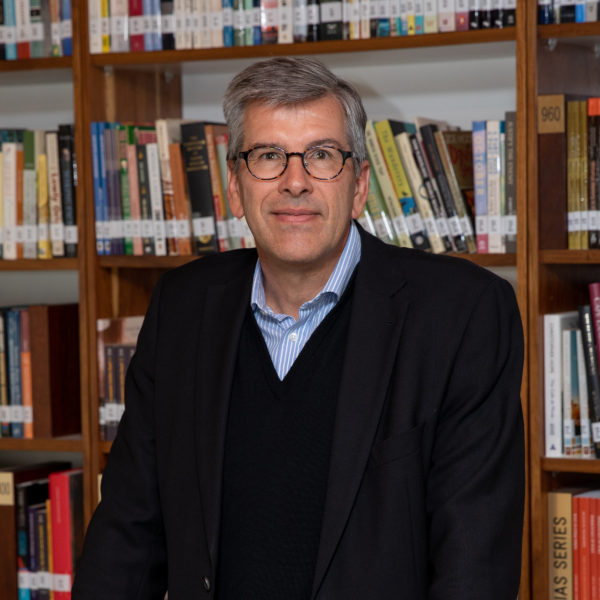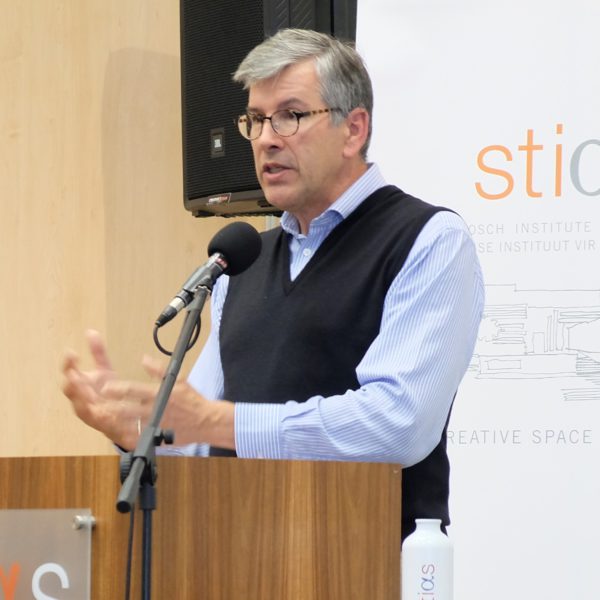Complexity theory offers new ways of understanding how social-ecological systems function under pressure, for example how climate change related stressors may exacerbate competition over scarce resources or limit livelihood options. Complex adaptive systems provide a theoretical framework for understanding how the resilience and adaptive capacity of social systems can be influenced to help them prevent, contain and recover from violent conflict. Insights derived from how self-organisation maintains and transforms complex systems suggests that for a peace process to become self-sustainable, resilient social institutions need to emerge from within the culture, history and socio-ecological context of the relevant society. Complexity also generates ethical insights: peacebuilders may help a society prevent or contain violence, but if they interfere too much, they will cause harm by disrupting the feedback loops critical for self-organisation to emerge and to be sustained. To cope with this dilemma, this project develops a new approach where peacebuilders, together with the people affected by conflict, actively engage in an iterative process of inductive learning and adaptation. This approach, called Adaptive Peace, is a normative and functional approach to conflict resolution that is aimed at navigating the complexity inherent in trying to nudge social-ecological change processes towards sustaining peace, without causing harm.
Menu
Related news
Related news
Related events
Related events
Share this project:
Share on whatsapp
WhatsApp
Share on email
Email
Share on facebook
Facebook
Share on twitter
Twitter
Share on linkedin
LinkedIn
Is any information on this page incorrect or outdated? Please notify Ms. Nel-Mari Loock at [email protected].


